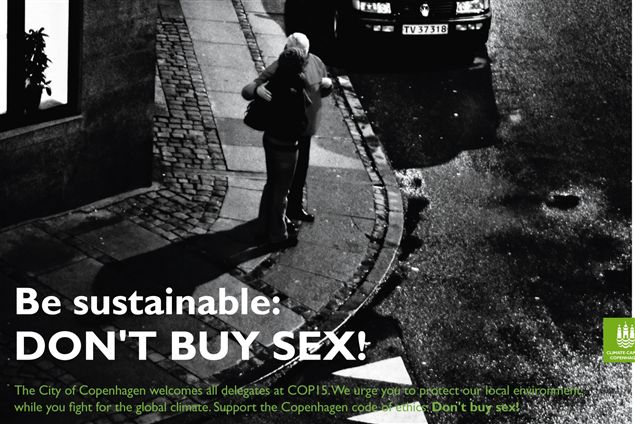 Luis CdeBaca is a US government employee with the misleading title Ambassador-at-Large for Trafficking. I am told this means he reports directly to the President, so he is largely free to do what he likes. At an event I attended in Washington DC last year, he said people ask why he doesn’t address the root causes of trafficking in his work and gave his answer: My budget is only $25 million, so obviously I can’t address root causes. Only $25 million, well that explains it. He went on to say he therefore would continue to concentrate on raids and rescues.
Luis CdeBaca is a US government employee with the misleading title Ambassador-at-Large for Trafficking. I am told this means he reports directly to the President, so he is largely free to do what he likes. At an event I attended in Washington DC last year, he said people ask why he doesn’t address the root causes of trafficking in his work and gave his answer: My budget is only $25 million, so obviously I can’t address root causes. Only $25 million, well that explains it. He went on to say he therefore would continue to concentrate on raids and rescues.
He spoke stirringly of the UK-US alliance to end this scourge and leaned heavily on a supposed connection to William Wilberforce, an evangelical Christian Englishman who neocolonialists claim to be responsible for the end of slavery. In this account no mention is made of the original conquests that set up new and reinforced existing slave economies or of native resistance movements and revolutions: No, one White Man did it practically singlehandedly, and by the way he was also an enthusiast of the Society for Suppression of Vice (father of the Obscene Publications Act, by the way, amongst other repressive delights).
 I was surprised CdeBaca was at the Washington event, because all the other speakers were critical of his sort of approach and rhetoric, which is why I accepted the invitation. Thus unprepared, I became very wound up when he cited the US Constitution as justification for interference around the globe, so much so that I scrapped what I had intended to say to the large audience of government and ngo employees and instead, when it was my turn, lambasted the ambassador’s speech. I slipped once and said fucking as an adjective because, I can’t help it, imperialism is the subject that most boils my blood. There were a couple of blanched faces amongst the organisers but also some cheers from the audience, and CdeBaca had left already, anyway. I didn’t know before I went that the Woodrow Wilson Center is supposed to be a hallowed hall, but I can’t guarantee I wouldn’t have said it even if I had known. They describe my talk like this:
I was surprised CdeBaca was at the Washington event, because all the other speakers were critical of his sort of approach and rhetoric, which is why I accepted the invitation. Thus unprepared, I became very wound up when he cited the US Constitution as justification for interference around the globe, so much so that I scrapped what I had intended to say to the large audience of government and ngo employees and instead, when it was my turn, lambasted the ambassador’s speech. I slipped once and said fucking as an adjective because, I can’t help it, imperialism is the subject that most boils my blood. There were a couple of blanched faces amongst the organisers but also some cheers from the audience, and CdeBaca had left already, anyway. I didn’t know before I went that the Woodrow Wilson Center is supposed to be a hallowed hall, but I can’t guarantee I wouldn’t have said it even if I had known. They describe my talk like this:
While Laura Agustín also critiqued U.S. policy toward human trafficking, her primary focus was on combating the assumption “that the U.S. and other sacred nations must take action” against human trafficking. Rather than assuming that trafficked persons need to be rescued, Agustín believes that we must interrogate the structure of ‘rescue’ efforts that can at times feel more like arrest, abuse and deportation. She also emphasized that migrants are not always passive victims, but rather are courageous, active agents, willing to risk the hazards of the informal economy in order to find work and pay in developed countries. She concluded that the current international discourse on protecting the rights of trafficked workers is misplaced and recommended that developed countries begin to legally recognize more jobs in the informal economy.
CdeBaca was in the audience at the BBC World Debate in Luxor, too, where he heard one of the panellists, Siddharth Kara, inflate so-called estimates of slavery into the 20-millions. That’s one of the places in that programme where I cut in and expressed disbelief, asking how exactly such a figure was reached and why the topic had shifted suddenly from trafficking to slavery. No problem for Kara, however, since the figure is reached by simply including vast categories of people, from child labourers in general to any woman selling sex and potentially to any worker in the informal economy. These are slaves, now, remember, not just trafficked people.
At a recent event at the Vatican, of all places, CdeBaca estimated between 12.5 and 27 million people are trapped in slavery around the world, ranging from children forced to work as domestic servants or in sweatshops to women coerced into prostitution. And here are statements all ascribed to him in Up to 27 million trapped in slavery worldwide (the incoherency might come from the reporter, there’s no way to tell.)
Countries where migrants arrive should try to identify potential victims and protect them, rather than opting for immediate repatriation which often sends them back into the hands of human traffickers. LA: Here he says people shouldn’t be deported (ghastly euphemism, repatriated) because they will run into traffickers again.
Tens of thousands of migrants are fleeing turmoil in North Africa, with many trying to reach Europe by boat, but the problem of slavery exists all over the world. . . Now he switches to saying slavery is everywhere, so presumably it’s on all the borders, too.
The European Union has urged African border authorities to bolster controls to prevent human smugglers taking advantage of the situation. But . . . it is more effective to fight slavery in the countries where the victims are exploited. Here he says it’s no good closing borders and implies they should be open, but I am not clear how this is connected to his claim that fighting slavery should happen in European countries. He seems to be saying it’s no use trying to do anything in the countries of origin, let all these folk get into Europe and then save them.
You don’t fight trafficking on the borders, because people don’t yet know they are trafficking victims, it’s only when they get to where they are going that they are enslaved. People should be keeping an eye on where these refugees end up, what kind of jobs they are being put into and how they are being treated. Again he’s against hardened border controls, but his statement that victims don’t know they are victims till they get inside is a silly and demeaning generalisation, since, if something has gone wrong lots of migrants know so at an early stage. He also calls enslaved migrants refugees, showing ignorance of what the term means in migration policy.
These statements do not add up to a plan. CdeBaca clearly wants to criticise European border policy, but his solutions are incoherent. Maybe he did hear what I said in Luxor, however, about one solution lying in revising antiquated and arbitrary distinctions between informal and formal sectors of the economy, so that people being called slaves could have some labour rights and people being called trafficked might get work permits to do jobs in other countries.
People are always telling me that these moral entrepreneurs went to Harvard and such places, as though that means they must be right. Maybe they are intelligent and got nice degrees, but their understanding of migration, social processes and precarious labour is practically non-existent. Being in campaign mode seriously distorts analytic ability.
By the way, note that images of white imperialism work two ways; in the Tintin picture blacks are carrying a white, while in the other picture a white is carrying a black. In both pictures, the white is in charge.
–Laura Agustín, the Naked Anthropologist




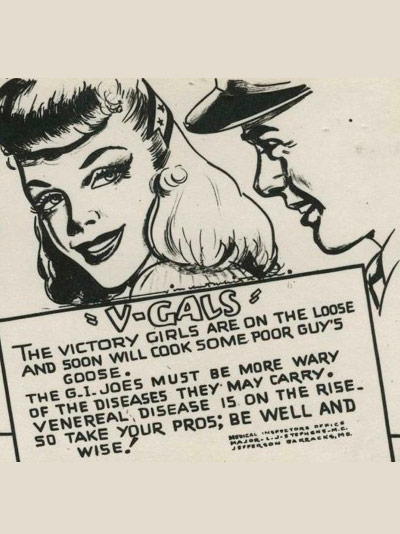








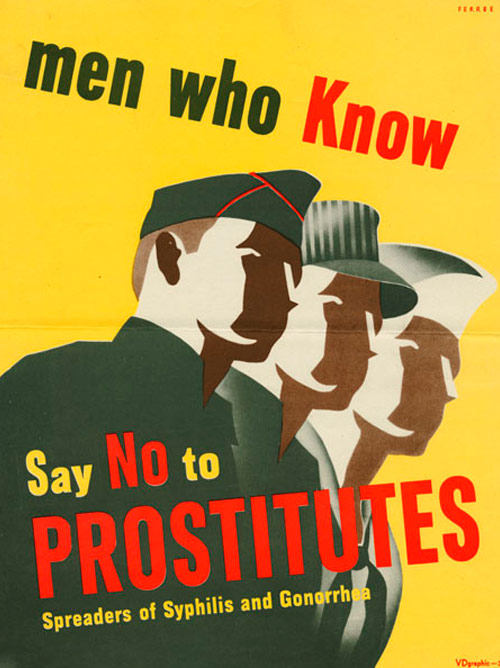
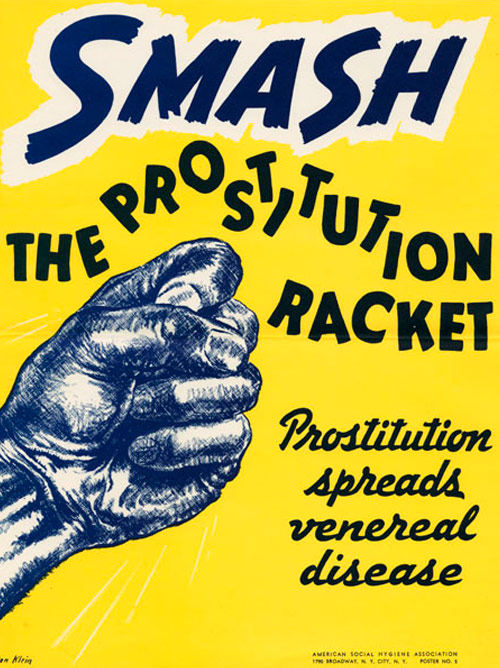
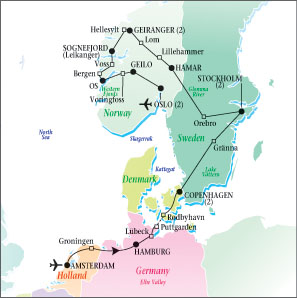
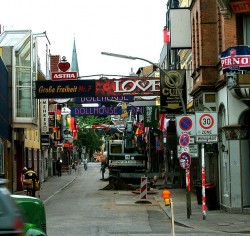


















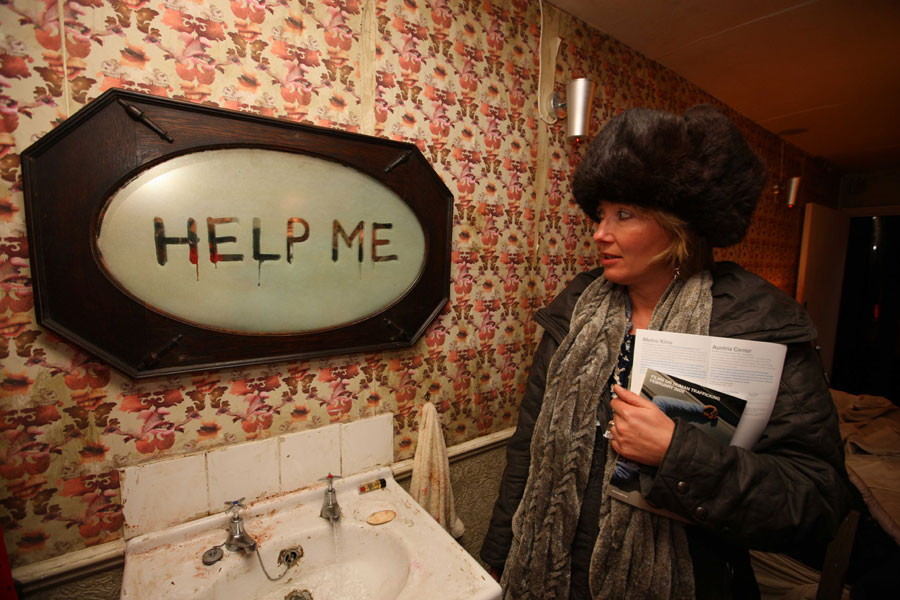




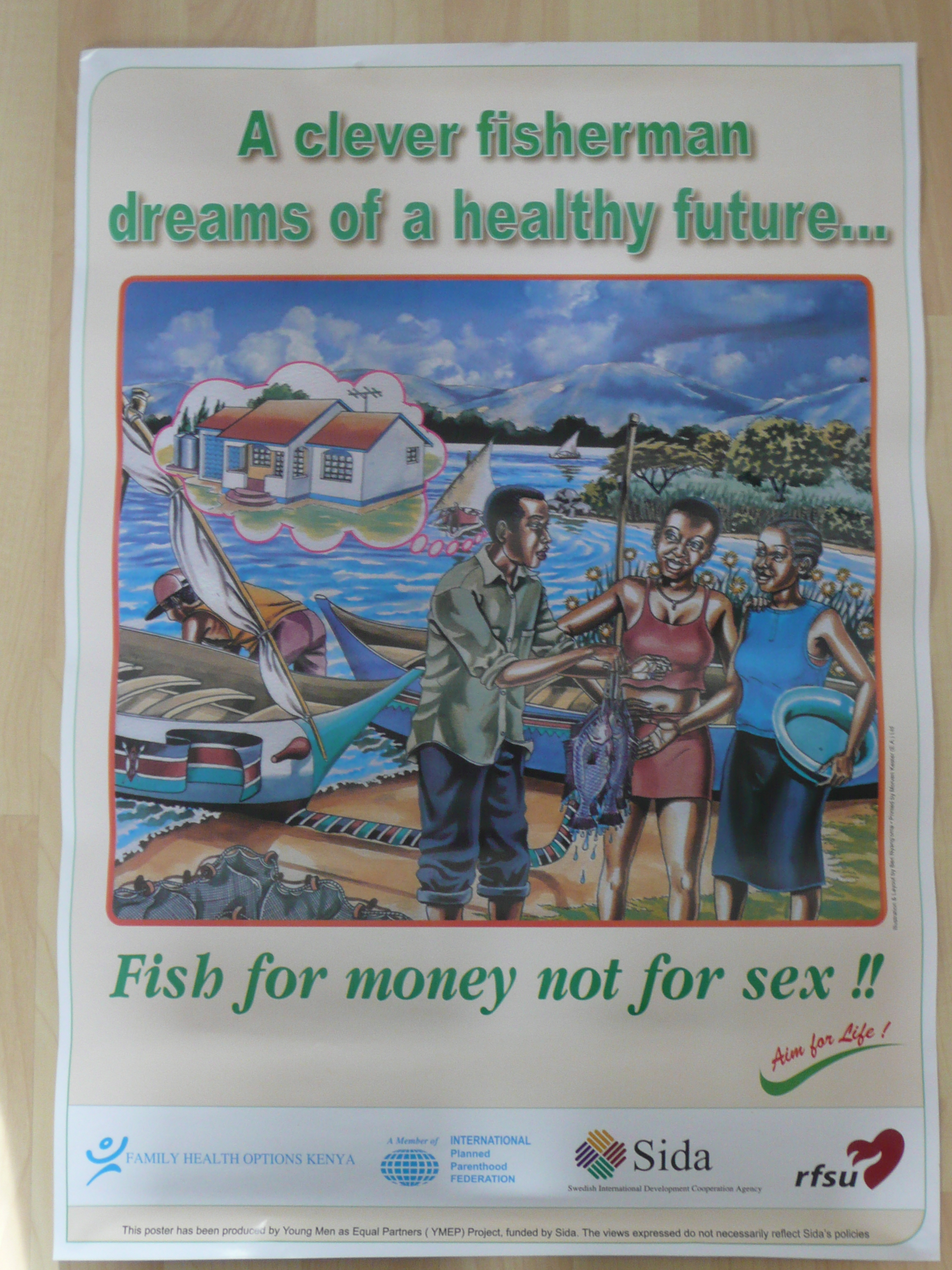
 Feminists have better sex is the latest
Feminists have better sex is the latest 
